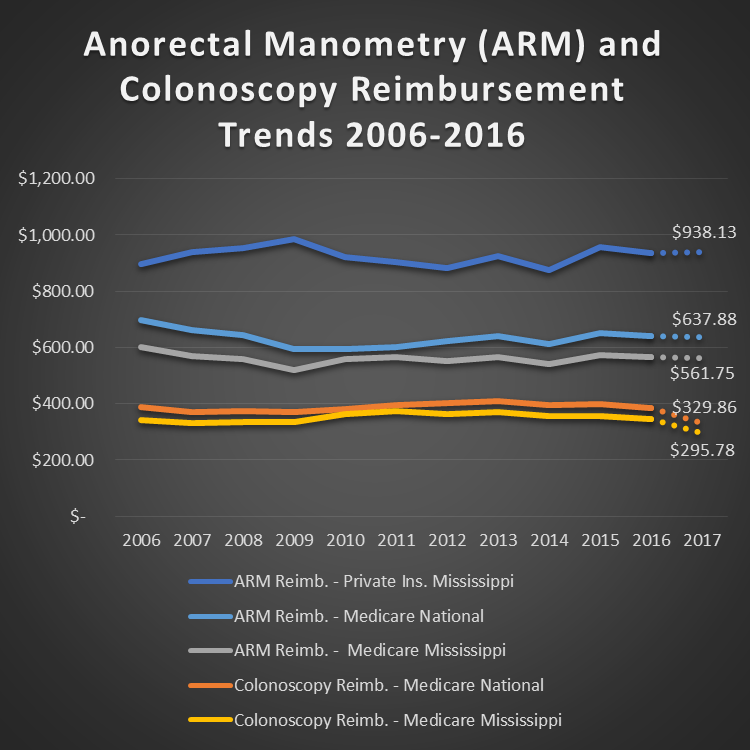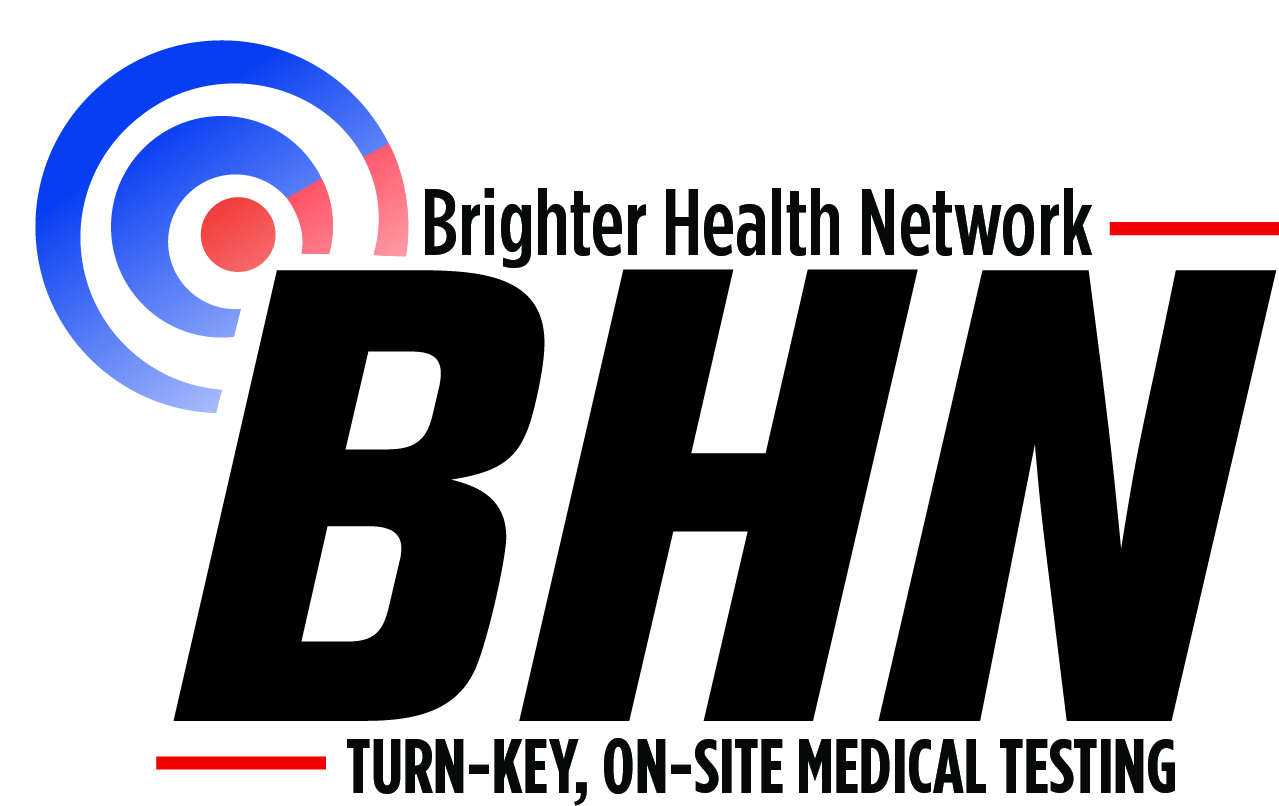I was recently having a conversation with a very successful urogynecologist that operates in on the East Coast. We were talking about diagnostics (such as urodynamics), the cost of the equipment, and the difficulty of retaining well-trained staff. He was surprised to learn that we served many large urogynecology practices and urology practices. He assumed that all of these large practices would perform their urodynamics testing in house. His thinking was that the clinic would be much more profitable if it owned the equipment, trained the staff, and dealt with all the other details to be able to deliver urodynamics testing services to their patients. This is true for some large urology and urogynecology practices, however it is certainly not true for many practices. Also, I believe he was not considering all of the pertinent details related to outsourcing diagnostics.
Clark Love
Recent Posts
Topics: outsourcing diagnostics, urodynamics
Anorectal Manometry and Colonoscopy Reimbursement Trends 2006-2016
I recently attended a statewide gastroenterology conference in Mississippi. I got to meet all types of interesting people, including accomplished doctors and their staffs. For this conference I compiled some data on anorectal manometry (ARM) reimbursement rates. Given gastroenterologist use of colonoscopies, I thought it would be useful to compare ARM reimbursements (CPT Codes 91120, 91122, and 51784) to screening colonoscopy reimbursements (CPT Code 45378). I was aware that ARM reimbursed at a better rate, but I was not aware it was substantially better. When looking only at National Medicare reimbursements, anorectal manometry reimburses at a 93% higher rate than a screening colonoscopy. In the chart below you'll see the trend of reimbursements rates both nationally and within the state of Mississippi over the last decade. As you can see, and as every gastroenterologist knows, colonoscopy reimbursement rates have fallen quite significantly and are expected to fall more in coming years. However, ARM shows a more stable reimbursement rate, especially in recent years.
Topics: Reimbursement, Anorectal Manometry, Colonoscopy, colonoscopies, Reimbursement Trends
Brighter Health Network, LLC (BHN) Acquires INSIGHT Urodynamics
Brighter Health Network, LLC (formerly named Bladder Health Network) which offers medical diagnostic solutions such as urodynamics testing services, recently announced it has acquired INSIGHT Urodynamics, LLC for an undisclosed amount.
Brighter Health Network, LLC (BHN), which offers medical diagnostic solutions such as urodynamics testing services, today announced it has entered into a definitive agreement to acquire INSIGHT Urodynamics, LLC for an undisclosed amount. The acquisition is expected to be immediately accretive to earnings.
Bladder Health Network Changes Name to Brighter Health Network
Bladder Health Network, LLC – a national leader in mobile medical diagnostics with an emphasis on urology and OB/GYN practices – announced today that it is changing its corporate name to Brighter Health Network. The name change reflects the company’s current and ongoing expansion into other healthcare segments and the delivery of new, complementary, onsite, innovative patient therapies.
Topics: Urodynamics Testing, BHN, Anorectal Manometry Testing, Brighter Health Network
Urodynamics testing is performed in clinics and hospitals all across the globe, and the specifics of the testing can vary wildly. Often these specifics don't impact the final result, but often they do and often certain practices can have very detrimental results. Here at BHN we have a very long list of Best Practices that we use for the urodynamics testing we provide our clients. These best practices allow us to offer the best testing possible and help us be very efficient. Below we provide a short list of best practices that we think are very critical and can be helpful to others.
Topics: Urodynamics Testing
Urology practices across the U.S. have changed considerably over the last decade. Many practices have merged and increased in size in order to be more competitive and deal the complexities of insurance, Medicare, and Medicaid reimbursements. Additionally, these practices have starting taking on more diagnostic and treatment services that were traditionally done in hospital settings. These servcies include minor surgeries, CT scans, urodynamics testing, and more. A listing of the largest urology practices in the U.S. is provided below:
Topics: General Urology Information






